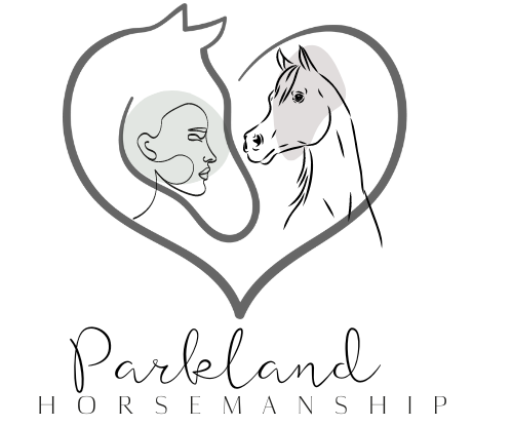As prey animals, horses are highly attuned to human emotions and adept at reading nonverbal cues and expressions, providing an accurate mirror for emotional exploration.
Researchers from the University of Kentucky conducted research into the efficacy of an Equine Assisted Learning (EAL) program on developing emotional intelligence skills among at-risk youth.
Self Awareness
Equine Assisted Learning is an experiential learning approach that utilizes horses as learning agents to promote emotional regulation, interpersonal communication skills, self-awareness and teamwork development. EAL sessions may be individual or group focused and use ground exercises with horses to teach life skills that contribute to leadership development and personal growth.
Horses possess an extraordinary capacity to recognize nonverbal body language and detect human emotions instantly, giving clients valuable insight into how their actions impact those around them. This helps clients see themselves through the eyes of a horse – providing invaluable perspective into how their triggers and patterns impact others around them.
Researchers conducted a study on the effectiveness of Equine Guided Leadership Education (EGLE). Participants in this research study included expert nurses from UK Chandler Hospital who completed an emotional intelligence appraisal assessment before and after participating in an EGLE workshop led by Ranch Day(c). Their researchers discovered that taking part in such workshops increased participants’ levels of self-awareness, self-management, social awareness, relationship management and relationship control.
Self Confidence
Equine-assisted learning provides many with an opportunity to enhance confidence and self-esteem, as well as practice emotional regulation – essential skills for effective communication.
One study demonstrated how horses could identify the emotional state of those they interacted with, including reading facial expressions and picking up on interactions whose tone indicated future interactions between themselves and human companions.
Humans likewise rely on this same ability to find situations that bring pleasure while avoiding those that cause pain, to help develop trusting relationships and foster social bonds.
Social Awareness
As social animals, horses instinctively mirror human emotions and can read a person’s emotional state accurately. Additionally, horses can detect whether valence (positive or negative) and arousal are present and act accordingly.
Horses’ ability to provide immediate, honest feedback based on nonverbal human behavior helps individuals become more self-aware by encouraging them to explore and express emotions safely in an open and safe environment. Their curiosity also fosters trust, teamwork and collaboration – especially beneficial in professional environments where cooperation and effective communication are vitally important components for success.
One study discovered that an equine-assisted learning course increased students’ emotional intelligence. This resulted from using experiential learning approaches in class, enabling participants to discover themselves by directly engaging with horses. Furthermore, this learning style provided a positive and interactive atmosphere conducive to developing leadership abilities in the workplace.
Teamwork
Teamwork is central to business success, and effective teamwork is an integral component of emotional intelligence. Acquainting yourself with each member of your team and understanding their individual skills and talents is an excellent starting point in building an efficient working unit. Communication among all team members will allow them to come together more easily towards meeting their common goals more efficiently.
Wild horses rely on each other for survival and form complex social structures within their herds, much like humans do. Because horses’ behavior closely parallels human interaction patterns, studying how horses’ physiological activities synchronize with those of humans becomes increasingly intimate – indicating emotional transference between species.
Researchers from the University of Kentucky in Lexington recently completed one of the first studies evaluating Equine Guided Leadership Education (EGLE) as a means of increasing EI competencies and leadership abilities. The experiment consisted of two groups, with the control group taking an online assessment to measure emotional intelligence while an intervention group attended a one-day EGLE workshop.

